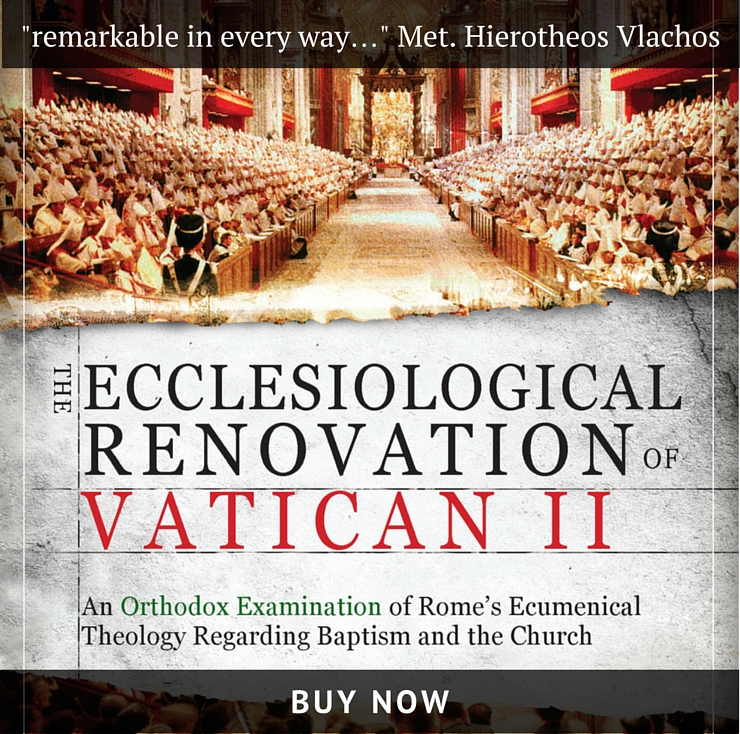In 1923, Patriarch Meletios IV of Constantinople convoked the “Pan-Orthodox Congress,” at which the following “reforms” were proposed for the abolition of existing canonical rules and regulations of the Orthodox Church:
- A married episcopate;
- Second marriages for clergy;
- The New Calendar;
- The abbreviation of Divine services;
- The abolition of fasts and monasticism;
- The simplification of clergy dress, that is, permission for the clergy to wear secular clothes and lead secular ways of life.
Then these “reforms” caused a great deal of protest and objection, including from other Eastern Patriarchs, who declared that for any such “reforms” an Ecumenical Council was needed, which alone is the only authoritative supreme authority in the Church.
Over the course of time, such sentiments and tendencies have not only disappeared, but have been further strengthened in various Local Orthodox Churches, and now their supporters strongly advocate for the convening of an “Eighth Ecumenical Council.”
Knowing the contemporary disposition of many church “ringleaders” and their perseverance in carrying out their destructive plans, we can very clearly imagine what kind of “Ecumenical Council” this will be! Even without waiting for any official decisions, many have already introduced certain of these “reforms” into life, ignoring in their activity completely categorical ecclesial canons. But, of course, some of them still have a conscience, and they would therefore like to “legitimize” that which they have already committed in an individual manner of iniquity.
That is the reason why these cunning people, although they bear the image of piety, which they in fact despise, so aspire to the convening of this “Eighth Ecumenical Council.” They are certain that people such as they are will be in the “majority” at the “council,” and therefore the “majority vote” will permit that which they want – that is, completely officially, with all the appearance of legitimacy, formally to legitimize iniquity.
But would such an “Ecumenical Council” indeed be authoritative for all and an incontestable expression of the voice of the Holy Spirit (“It seemed good to the Holy Spirit and to us”), as was the case earlier with the Seven Ecumenical Councils recognized by the whole Church?
Of course not! All previously Ecumenical Councils began their decisions with the affirmation of all that was agreed upon at the previous Councils; but this one, as can already be seen, would place as its main task the subverting of the whole previous ecclesial structure, of everything that had previously been decided. And therefore this would not be the “Eighth Ecumenical Council,” but the “Second Robber Council,” in the image of the council held in 449 in Ephesus, which went down in Church history with the name “robber.”
Who needs this kind of “council”? Of course, only the enemies of the Church, both open and hidden. All true children of the Church of Christ will not recognize it as lawful, nor will they accept its decisions, and there will only be new schisms and divisions – which the enemies of the Church need, in preparation for the triumph of the Antichrist.



Please be kind, lest your comment go the way of Babylon.